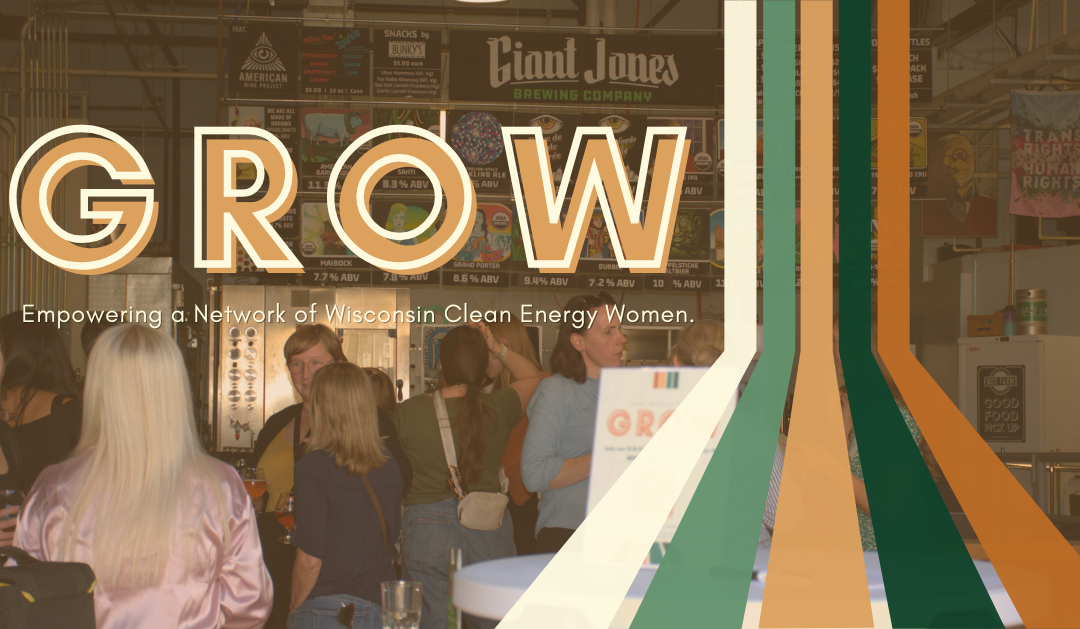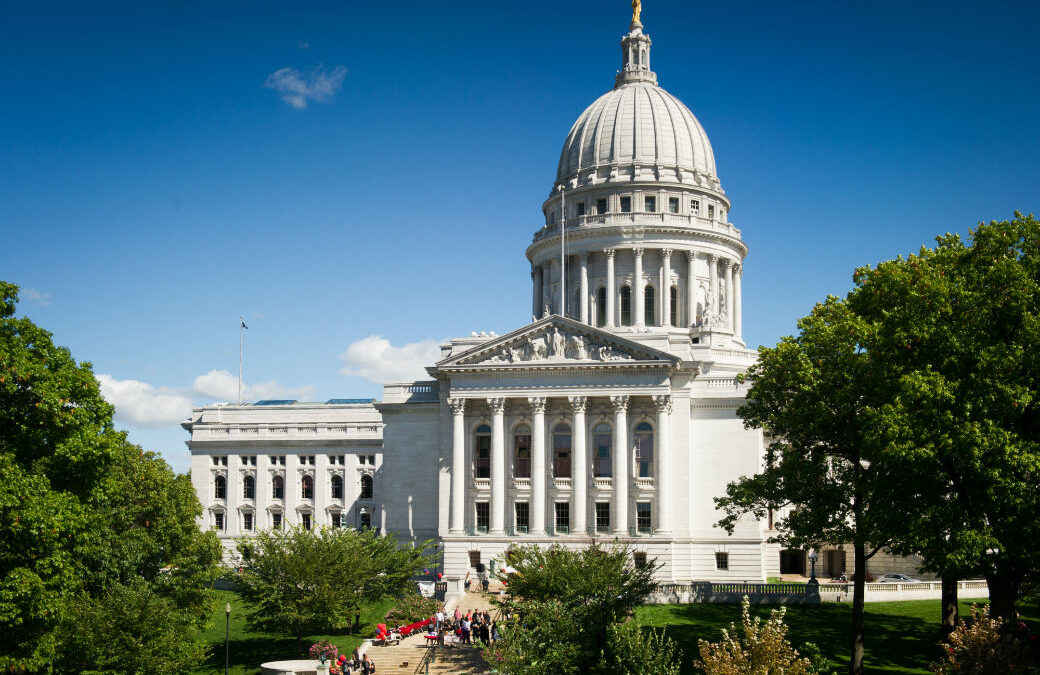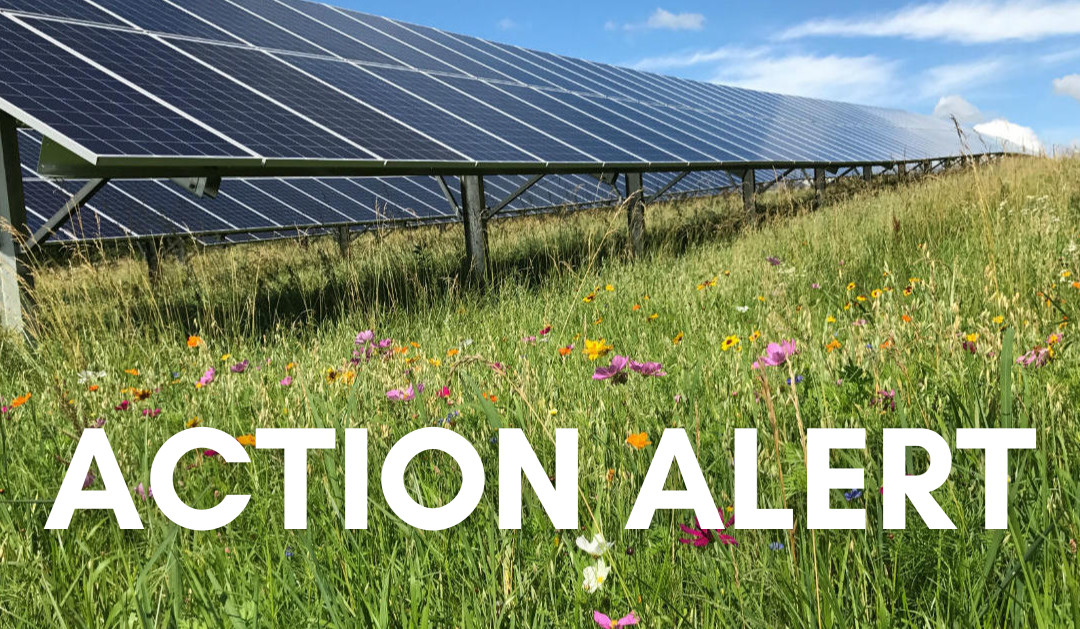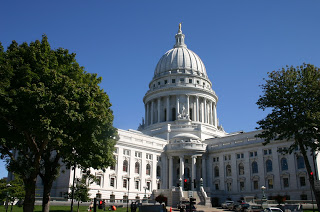
RENEW Launches GROW | Green Revolution of Women
On Thursday, October 3, the women of RENEW Wisconsin held the first of many GROW events. The Green Revolution of Women (GROW) was founded to create a welcoming space for women to connect, gain mentorship opportunities, and build lasting friendships that can enhance their work in building a clean energy economy.
At the heart of the clean energy industry are the dedicated individuals who work day in and day out to create a better environment for Wisconsin. Fostering inclusivity and empowering all voices can be a challenge in any workplace, and it is with this obstacle in mind that the women of RENEW Wisconsin aim to connect women through GROW. By sharing our experiences – whether they’ve led to major successes or taught valuable lessons – GROW was designed to offer support and inclusivity. GROW brings women together to have a greater collective impact.
“As someone who is new to the renewable energy field, I’ve only been in it for a little under a year, I find that when I go to events it often feels like I don’t know a lot of people, and we just wanted to create a space where we can come together and create relationships that will help us intentionally build a community for women in the clean energy field,” said Kim Bauer, while welcoming GROW attendees.
RENEW welcomed a diverse group of women from all across Wisconsin at our first event, with over 40 women in attendance. GROW attendees spent the evening networking and enjoying each other’s company at Giant Jones, a Madison-based, woman-owned brewery. The event welcomed established leaders in the clean energy industry who have a wealth of experience, newcomers to the industry, and recent graduates who are beginning to explore a career in sustainability. While building new relationships and reconnecting with old friends, GROW attendees talked about a multitude of topics, including excitement for having a space to connect with other women in the industry.
“As someone fresh out of grad school, GROW was helpful for me to learn more about the field of renewable energy from more experienced women and get some tips about networking in a comfortable space,” said attendee Rhiannon Erhardt, a recent graduate from the Nelson Institute of Environmental Studies.
As GROW continues to grow, the women of RENEW Wisconsin plan to create spaces where women can build confidence in their professional capabilities and feel empowered in the clean energy revolution. The GROW community will help women advance their careers and connect with those who have shared experiences. In addition to hosting quarterly events in Madison and Milwaukee, we have also created a GROW group on our community portal, which women in the industry are encouraged to join to connect between events! The women of RENEW Wisconsin want to express our sincerest gratitude for the crowd that showed up for our first GROW event and we look forward to seeing everyone in December.




